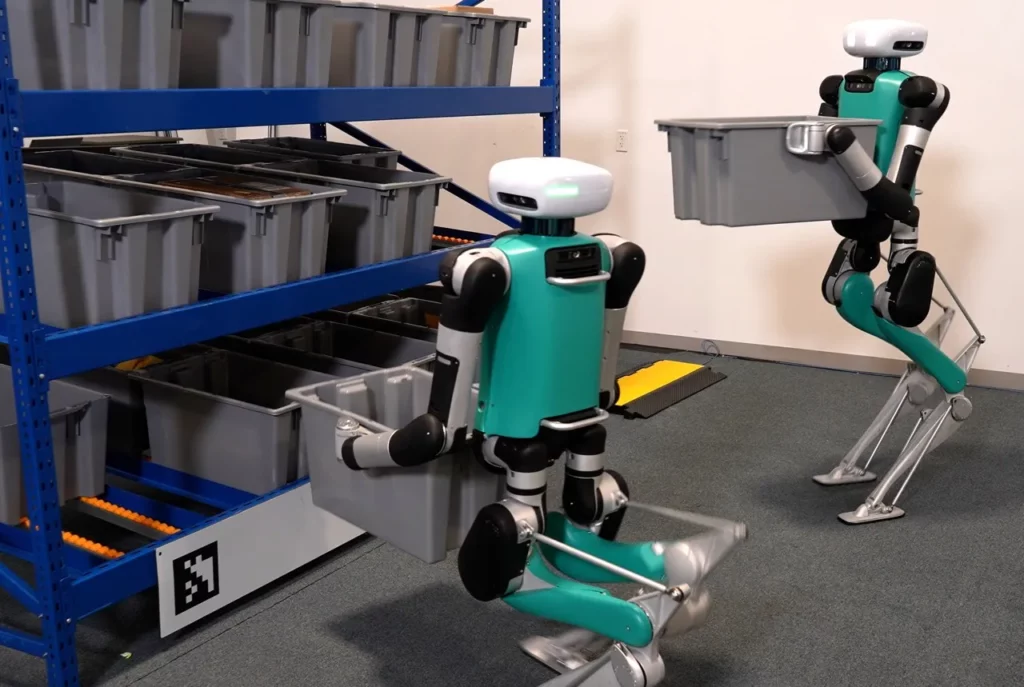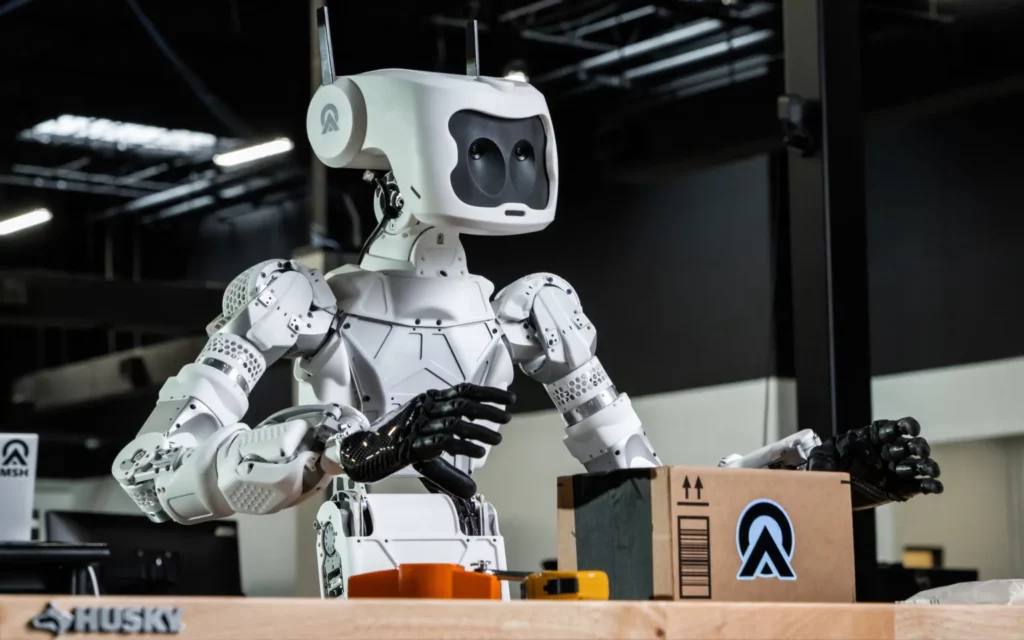The debate in the robotics industry has recently intensified, especially around humanoid robots. This resurgence of interest is partly due to the emergence of startups such as 1X and Figure, as well as initiatives from established players like Tesla, bringing humanoids back into focus.
Supporters argue that humanoid robots are logical since our world is designed for humans. Advantages include their ability to navigate stairs, their reach, and dexterity. However, this concept challenges the long-standing belief in specialized, single-purpose robots, known for performing specific tasks exceptionally well.

Moreover, the human body, despite its intricate design, is not without flaws, as evidenced by conditions like degenerative disc disease.
The conversation around humanoid robots has gained momentum with Bill Gates highlighting several robotics startups and labs, with a particular interest in humanoids. His list includes Agility, known for the Digit robot, as well as Apptronik, the creator of Apollo, and UCLA’s RoMeLa, responsible for the soccer-playing robot ARTEMIS.
Gates comments on the practicality of humanoid robots, noting their potential for seamless integration into human environments. The Digit robot is currently leading in real-world applications, including tests in Amazon warehouses, influencing deals like Figure’s partnership with BMW.

Other companies Gates mentioned include Field AI, specializing in robotic perception, and Tevel, known for their apple-picking drones.
While Gates’ endorsement doesn’t necessarily pivot the industry towards humanoid robots and he isn’t a roboticist by trade, it’s significant to see humanoid robots gaining more recognition and legitimacy in mainstream discussions.








